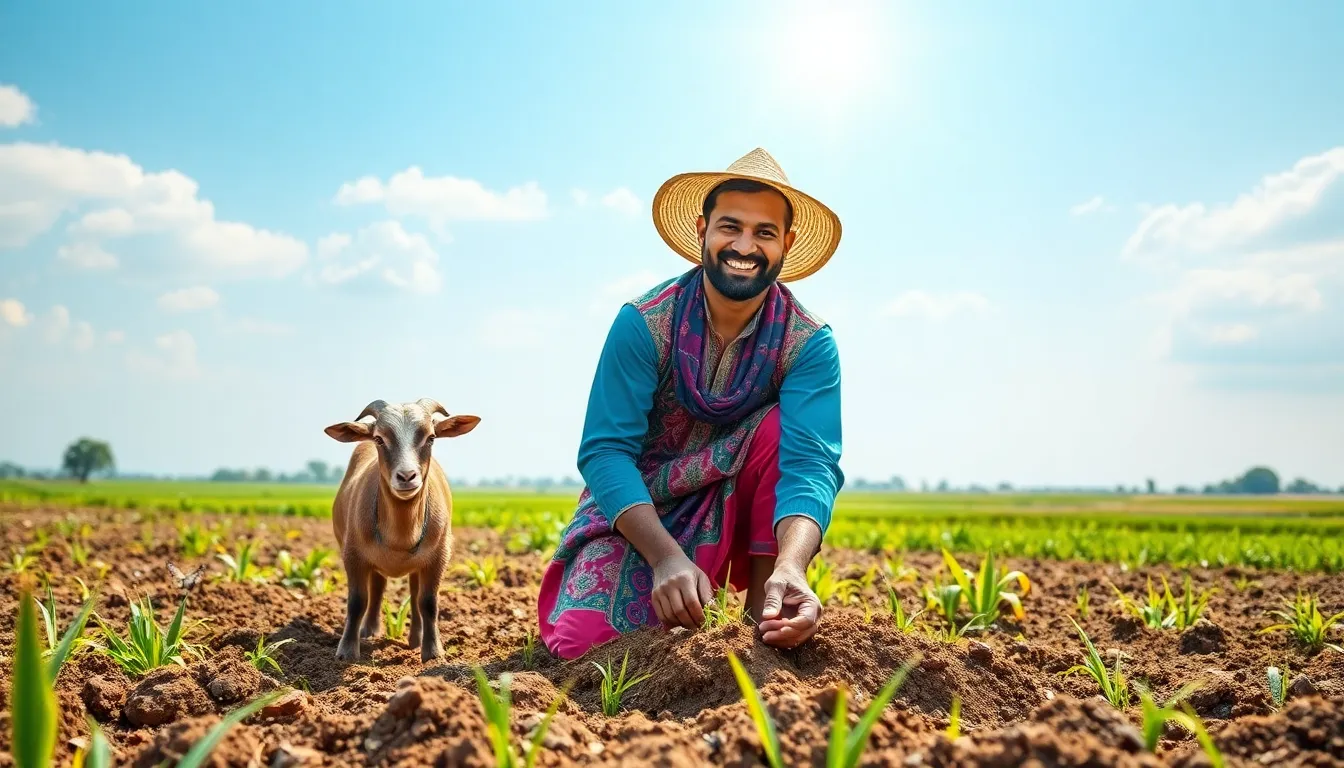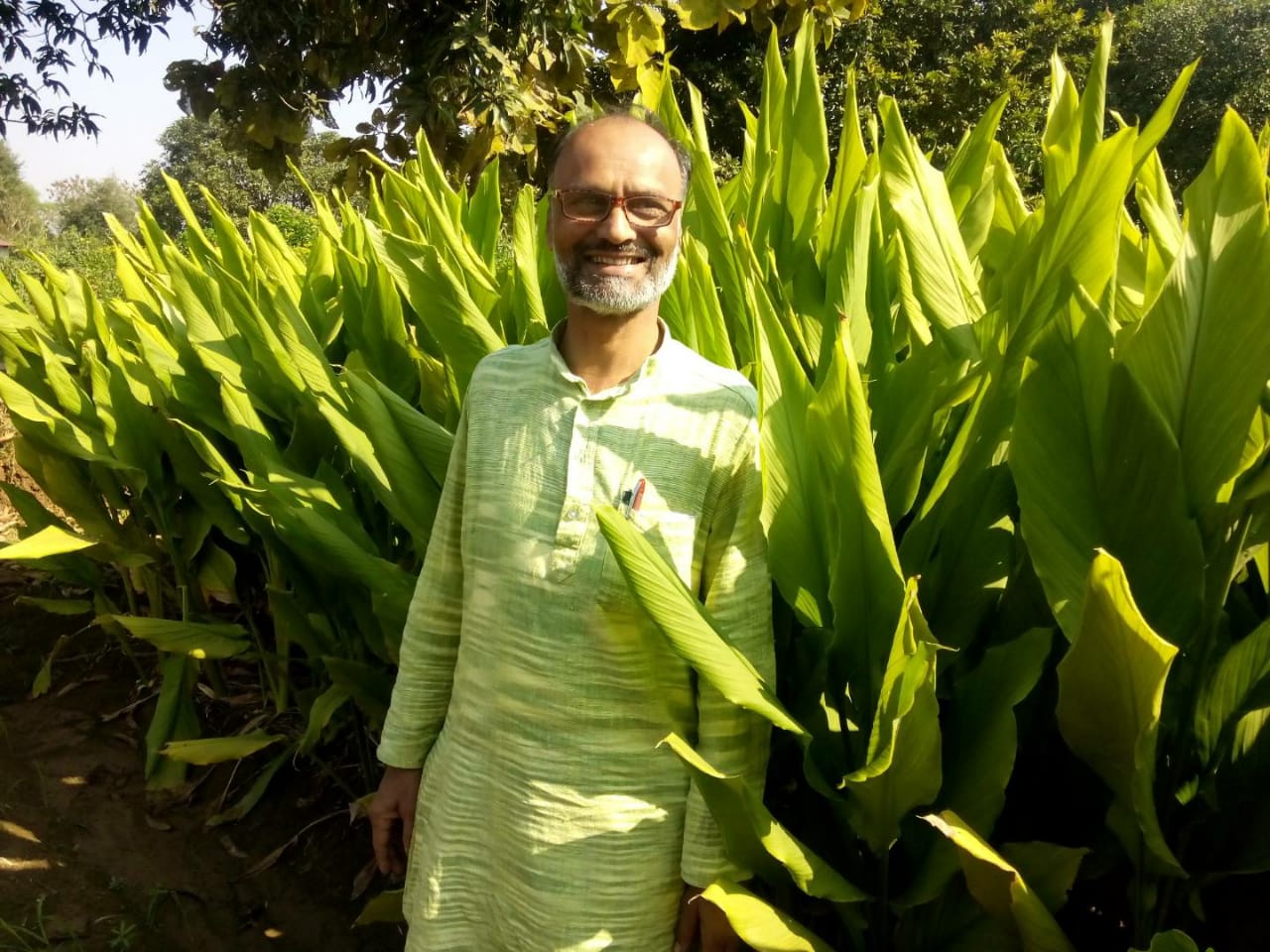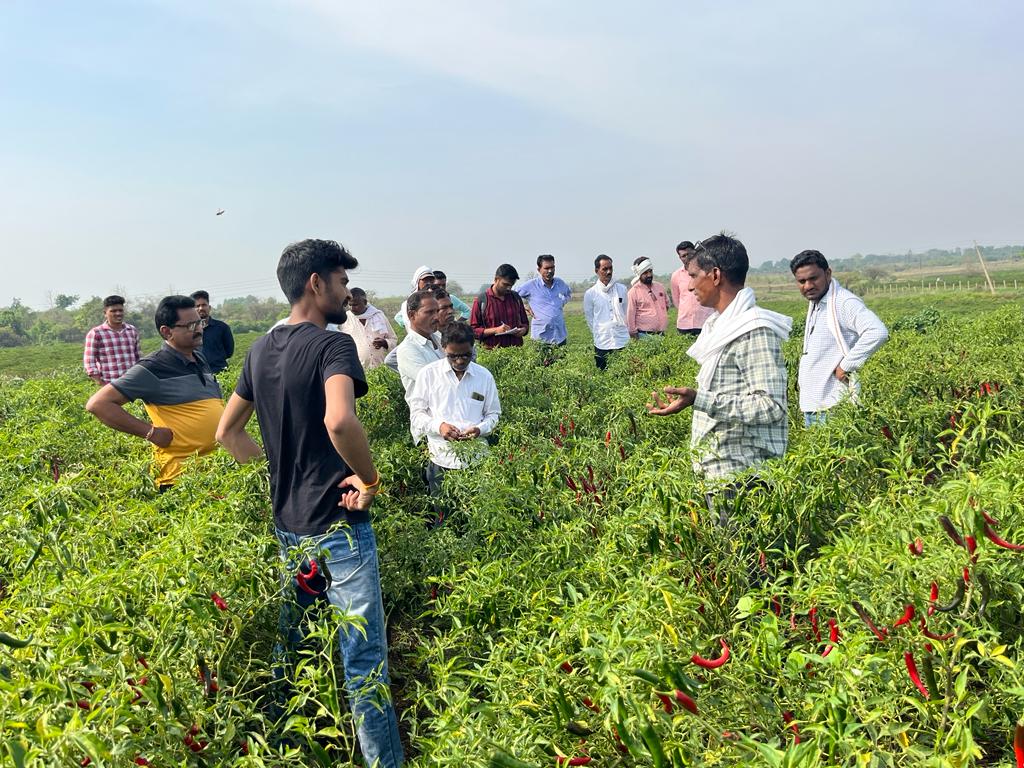Farming in India faces many challenges today. Climate change, erratic rainfall, and pests make it tough for farmers. However, the Yoddha Hybrid Bajra Seed from Shakti Vardhak Hybrid Seeds is changing the game. This hybrid seed is becoming popular in states like Rajasthan and Haryana due to its many benefits.
Yoddha Hybrid Bajra is known for its high yield and resilience to tough weather conditions. It matures quickly, taking about 75 to 80 days, which is faster than many other varieties. This early maturity allows farmers to plan better and grow multiple crops in a year. Farmers like Manoj Kumar Meena from Dholpur, Rajasthan, have shared their success stories using this seed. He reports that his yields have increased significantly, allowing him to earn up to Rs. 20 lakhs annually from just 20 acres of land.
One of the key features of Yoddha Hybrid Bajra is its resistance to diseases, especially downy mildew. This means farmers spend less on pesticides, which is a big plus for their profits. Also, the seed’s strong stem structure helps it withstand heavy rains and strong winds, reducing crop loss.
Soil health is crucial for the success of Yoddha Hybrid Bajra. Farmers need to ensure their soil is well-aerated and fertile. Regular soil testing can help farmers understand their soil’s needs. This is important because the seed thrives in sandy loam soil that drains well. Proper irrigation is also necessary, especially during critical growth stages like flowering and grain formation.
Farmers should plant Yoddha Hybrid Bajra during the monsoon season. This is usually between June 15 and July 15 for irrigated areas. In rainfed regions, they should wait for the first rains to provide moisture for seed germination. The ideal seed rate is about 1.5 to 2.0 kg per acre to ensure good plant density and avoid overcrowding.
Weed management is essential during the early stages of growth. Farmers can use Atrazine to prevent weeds from competing for nutrients and water. Fertilizers should be applied based on soil testing results to meet the crop’s nutrient needs. A balanced approach to fertilization helps in increasing the yield.
Pest management is another important aspect of growing Yoddha Hybrid Bajra. Farmers should be vigilant for pests like the hairy caterpillar. If detected, they can use Monocrotophos or Quinalphos to control these pests effectively.
Many farmers have reported excellent results with Yoddha Hybrid Bajra. For example, Kishan Singh from Bikaner found its early flowering and high tillering impressive. Sunita Devi from Aligarh also praised its disease resistance, which reduced her need for chemical treatments.
The Yoddha Hybrid Bajra not only provides food security but also supports livestock farming. The crop can be used as fodder for animals, which is an added advantage for farmers. This dual benefit helps them save on animal feed costs and increase their overall income.
In summary, Yoddha Hybrid Bajra is a reliable option for farmers dealing with the challenges of modern agriculture. Its high yield, disease resistance, and adaptability to local conditions make it a valuable choice. As more farmers adopt this hybrid, the future looks promising for bajra cultivation in India. With the right practices, farmers can enjoy better yields and improved profits, ensuring a sustainable future for their families and communities.




